Nepal’s Gen-Z launches protest on 8 September 2025 as Nepal government blocks several social media platforms
[Update on the 8 September 2025 protest action called by Gen Z in Nepal here.]
On Thursday, 4 September 2025, Nepal government blocked 26 social media platforms for failing to register with the Ministry of Communications and Information Technology (MoCIT). The ban includes platforms such as Facebook, Instagram, LinkedIn, WhatsApp, Discord, Reddit, YouTube, among many others.
The following apps are banned as per the directive (see image at the end in Nepali).

In August 2025, popular messaging service Telegram was banned. It remains banned but is currently under review as the company has submitted documents to begin the registration process. In 2023, TikTok, a Chinese-owned popular video-sharing and social media app, was banned under the 2023 Directives on Operation of Social Networking (2080 B.S.). However, TikTok complied with the order and registered itself in 2024.
While the Government of Nepal’s directive may hold legally, it clamps down on independent critics and also cripples public exchange on social media. In a country like Nepal, which relies heavily on remittances from its citizens working abroad, the ban also means that people can no longer communicate with their family members using tools for messaging and calls. Banning social media is also a powerful way to control information and suppress dissent. The ban allows the government to control who can speak and who can be heard. Digital freedom across South Asia is already in the red.
This route to control social media is not unique. In India, social media intermediaries are mandated under the Information Technology (Intermediary Guidelines and Digital Media Ethics Code) Rules, 2021, to appoint Indian residents for key roles like a Chief Compliance Officer and Nodal Contact Person. They are also expected to maintain a physical address in India and have grievance redressal mechanisms in place. These requirements were met with protests calling them undemocratic and infringing on citizens’ democratic rights.
As of 2021, more than half of Nepal’s total population was reported to be under the age of 30. Since the ban, young people have also labelled children of powerful, rich families—such as families of former prime ministers, ministers, lawmakers, leaders, and other influential personalities—as “Nepo Kids” or “Nepo Babies”. In the wake of this ban, already frustrated and dissatisfied with politicians, political parties, and the government, Nepal’s Gen-Z youth has called for a massive protest across different cities across the country on 8 September 2025; in Kathmandu, protestors plan to gather at Maitighar Mandala at 11:00 am. On Reddit as well as TikTok, the youth have made it clear that they do not support any political party or leaders. However, some concerns have been reported around political parties usurping the opportunity.
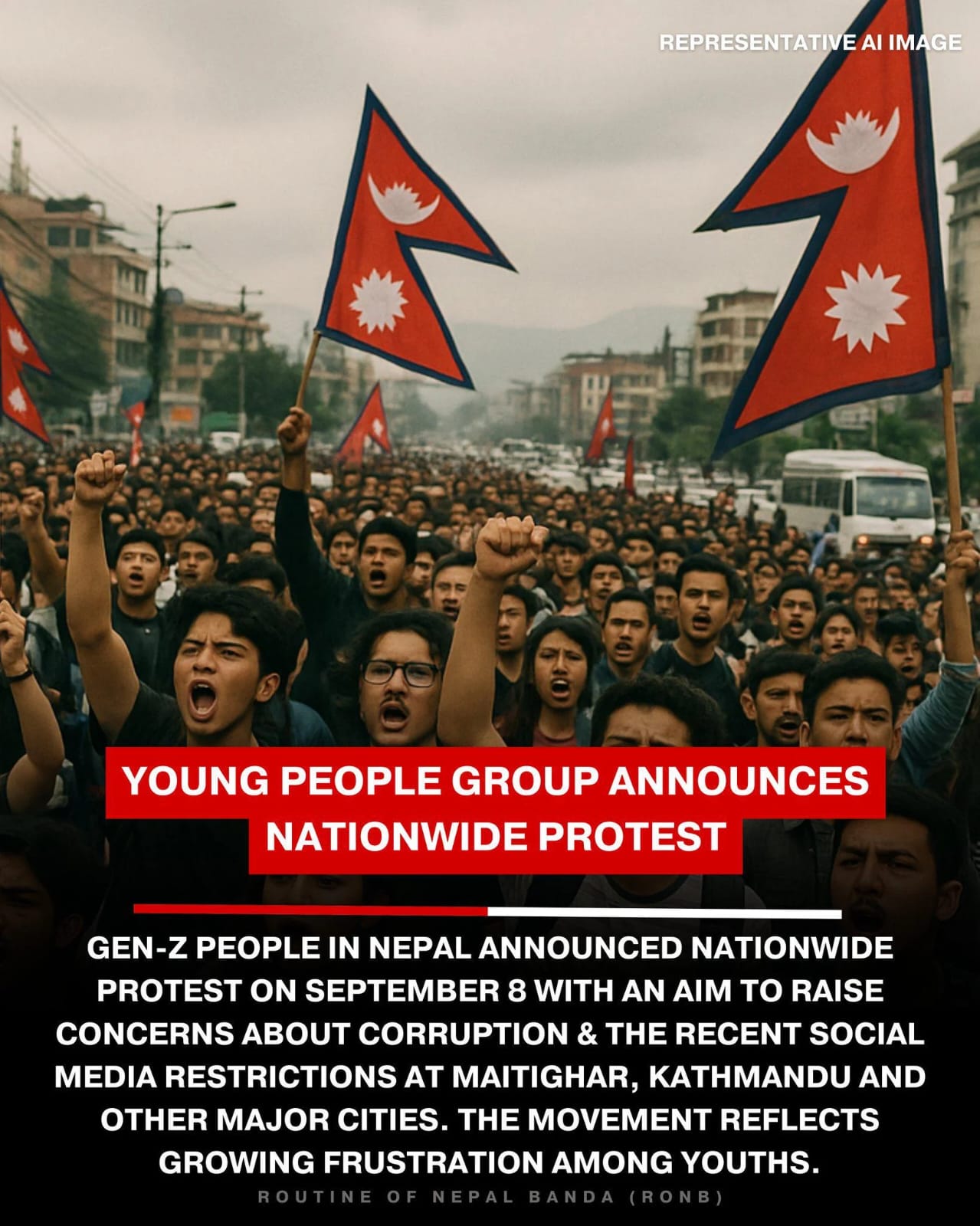
Image Credit: Routine of Nepal Bandha
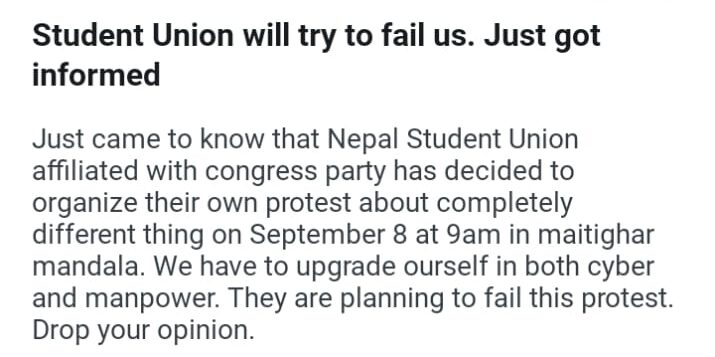
Image Credit: Reddit
Individuals on Reddit have reported that a “Nepal student union associated with the Congress Party is organizing its own protest on the same day.” Moreover, Durga Prasai, a controversial right-wing political activist has extended his support for the protest. Prasai is known for his advocacy for restoring Nepal’s constitutional monarchy and declaring Nepal a Hindu state, opposing the current federal democratic system. On the other hand, Mayor Balen Shah, Kathmandu’s mayor, publicly expressed his support. Shah said that the protest will be important in understanding the aspirations and goals of Gen Z. In 2022, Shah, won the mayoral elections as a independent candidate, a win that shocked everyone but also inspired the youth. Balen’s rise has been seen as important historic moment for youth in Nepali politics.
Tomorrow’s protest is already a landmark moment, and it is to be seen how the government will respond.
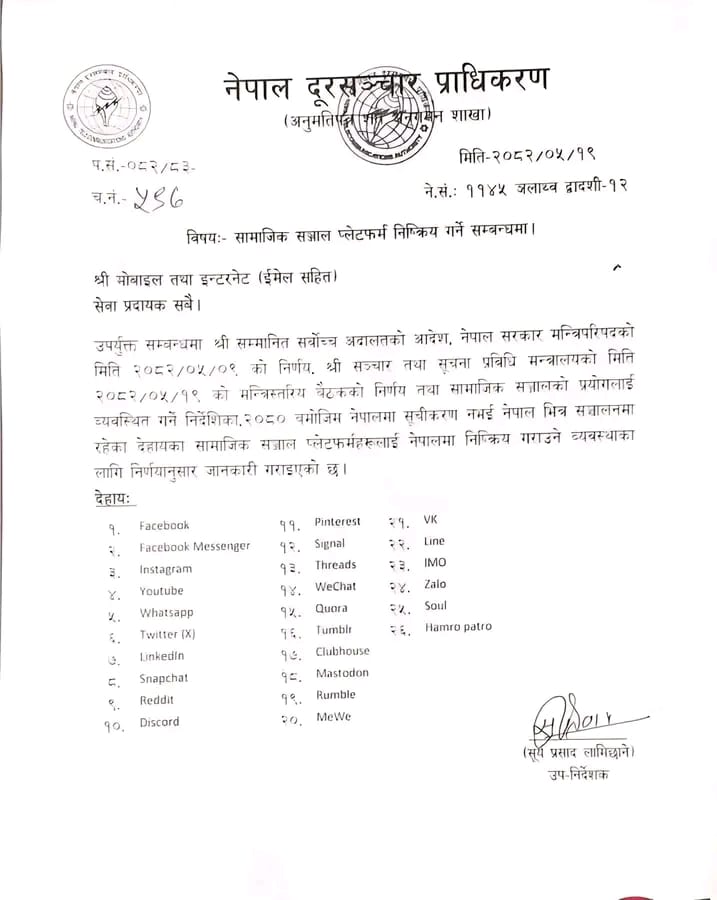
Nepal Government’s directive dated 4 September 2025
Censorship
Related
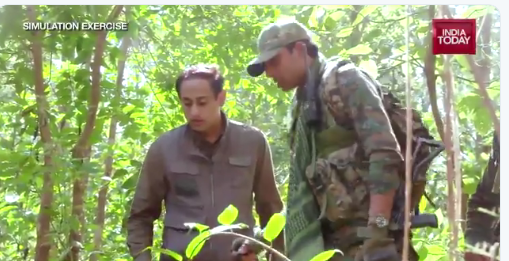

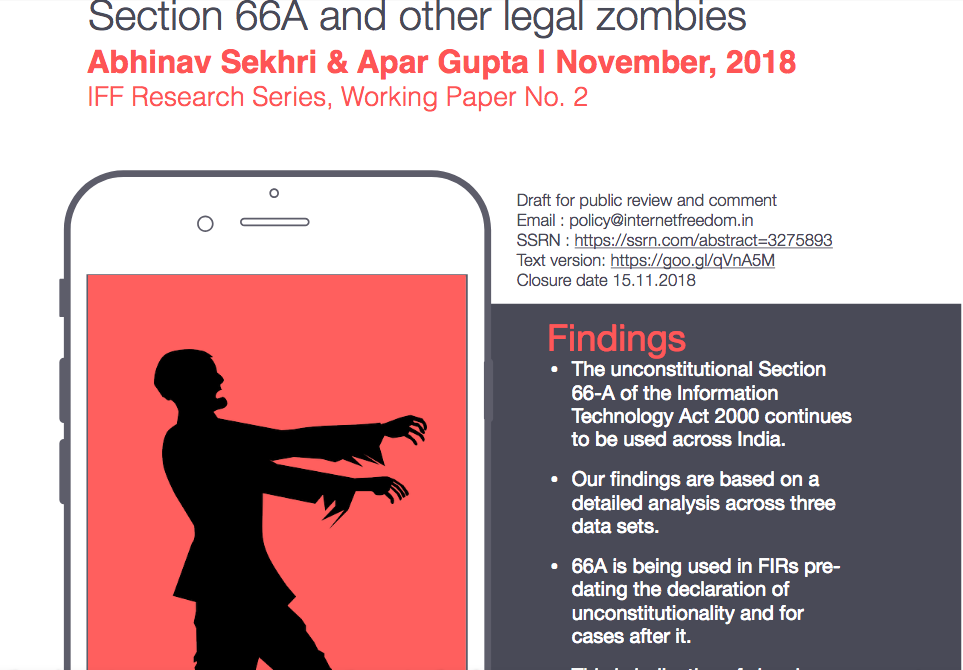
Commentaries